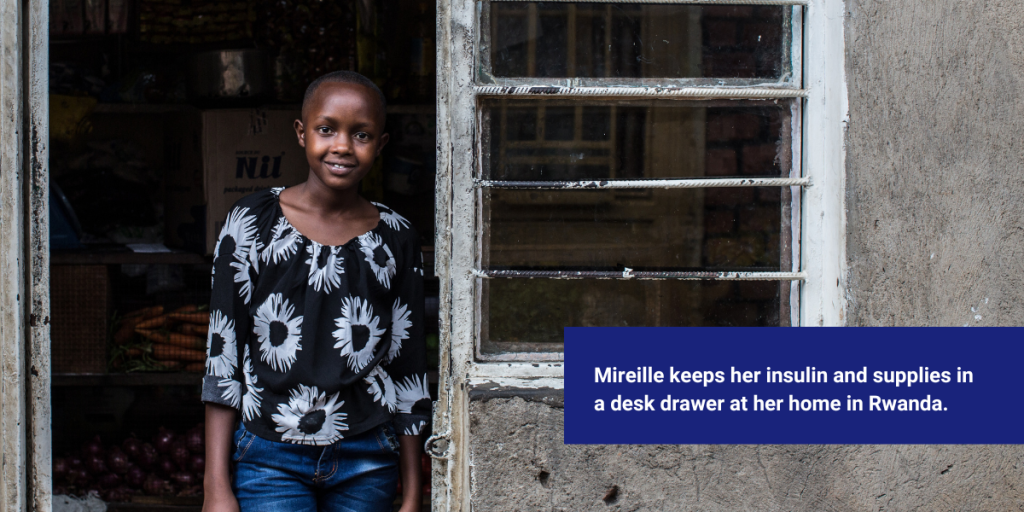A groundbreaking Cochrane Review has been published, shedding light on the topic of insulin thermostability. The review compiled published data and also new data released by insulin manufacturers, showing that human insulin is more thermostable than package inserts would suggest.
Two pivotal studies conducted by Life for a Child in India and Sudan were discussed in this review. These studies, conducted as part of ongoing Life for a Child advocacy since 2015, aimed to provide new information on thermostability of human and analog insulin in a real-world hot climate setting, as well as the efficacy of traditional evaporative cooling devices in reducing storage temperature and loss of insulin potency.
The Review has profound implications, particularly for individuals living with insulin-requiring diabetes in resource-limited settings. Access to refrigeration is not always available for those living with diabetes in these circumstances and these findings could potentially reduce wastage of insulin vials and alleviate the anxiety associated with the efficacy of their medication, thereby offering tangible improvements to their daily lives. For those who rely on insulin and may live vial-to-vial, and their health professionals, this knowledge could alleviate some of the burden of worry about the efficacy of their medication in the absence of refrigeration.
Life for a Child views the Review as a significant win in global diabetes advocacy. It stands as a testament to the influence of research and collaborative endeavors in shaping evidence-based guidelines. Our research partnerships with esteemed organizations like the DREAM Trust in India, University of Florida, and University of Gothenburg, and the Sudanese Childhood Diabetes Association have been instrumental in shaping these guidelines.
Moving forward, our aspiration is that this groundbreaking review will catalyze a reassessment of human insulin package inserts. The potential revision of these inserts holds promise for providing more precise and accessible information to individuals managing diabetes and their healthcare providers. This evolution could further empower people in effectively navigating their diabetes management.
Emma Klatman Global Policy and Advocacy Manager
Rachel Clayton Marketing and Communications Manager
Dr. Graham Ogle General Manager
